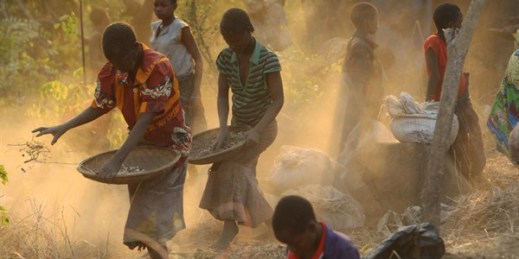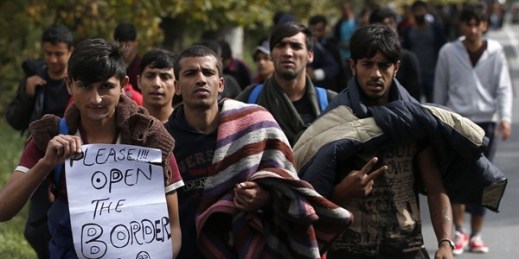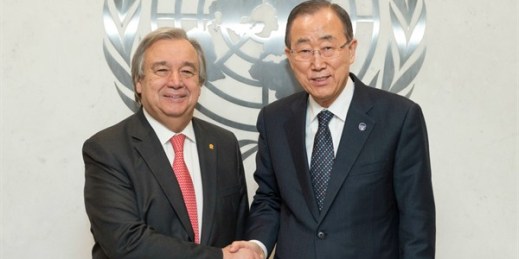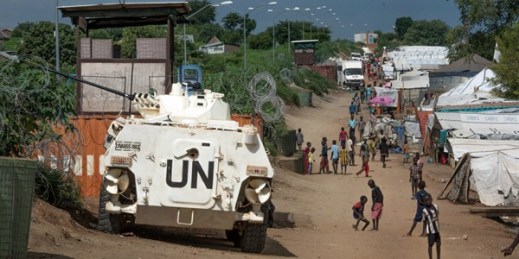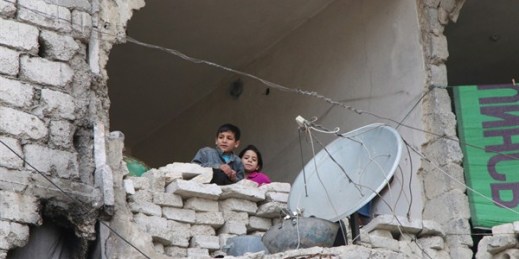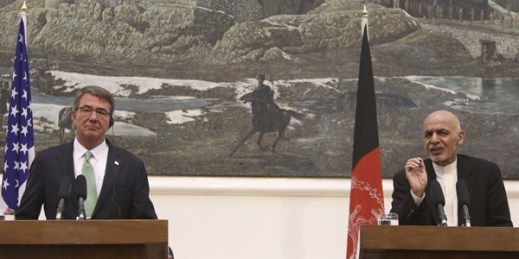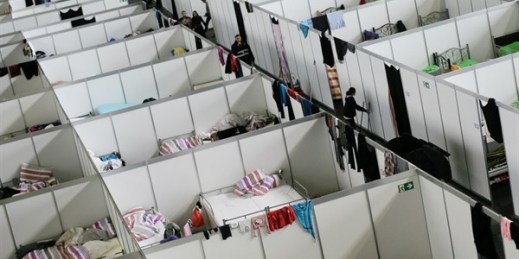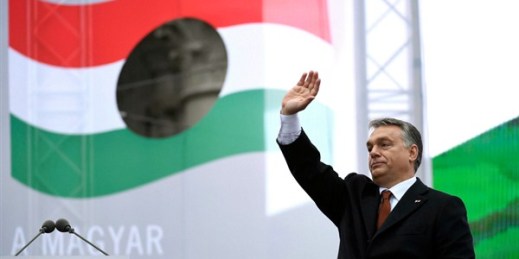
Thousands of Hungarians took to the streets of Budapest to protest government corruption and the erosion of press freedoms earlier this month. The protest follows the closure of Hungary’s leading opposition newspaper, Nepszabadsag. The paper’s parent company cited falling readership as the reason for the closure, though many believe populist, right-wing Prime Minister Viktor Orban had a role to play in its shuttering. Miklos Hargitai, a Nepszabadsag journalist, told the AP that Orban’s government “doesn’t tolerate any control or criticism, not even questions.” Orban hadn’t given an interview to Nepszabadsag in 10 years. The newspaper’s closure is only the latest […]

